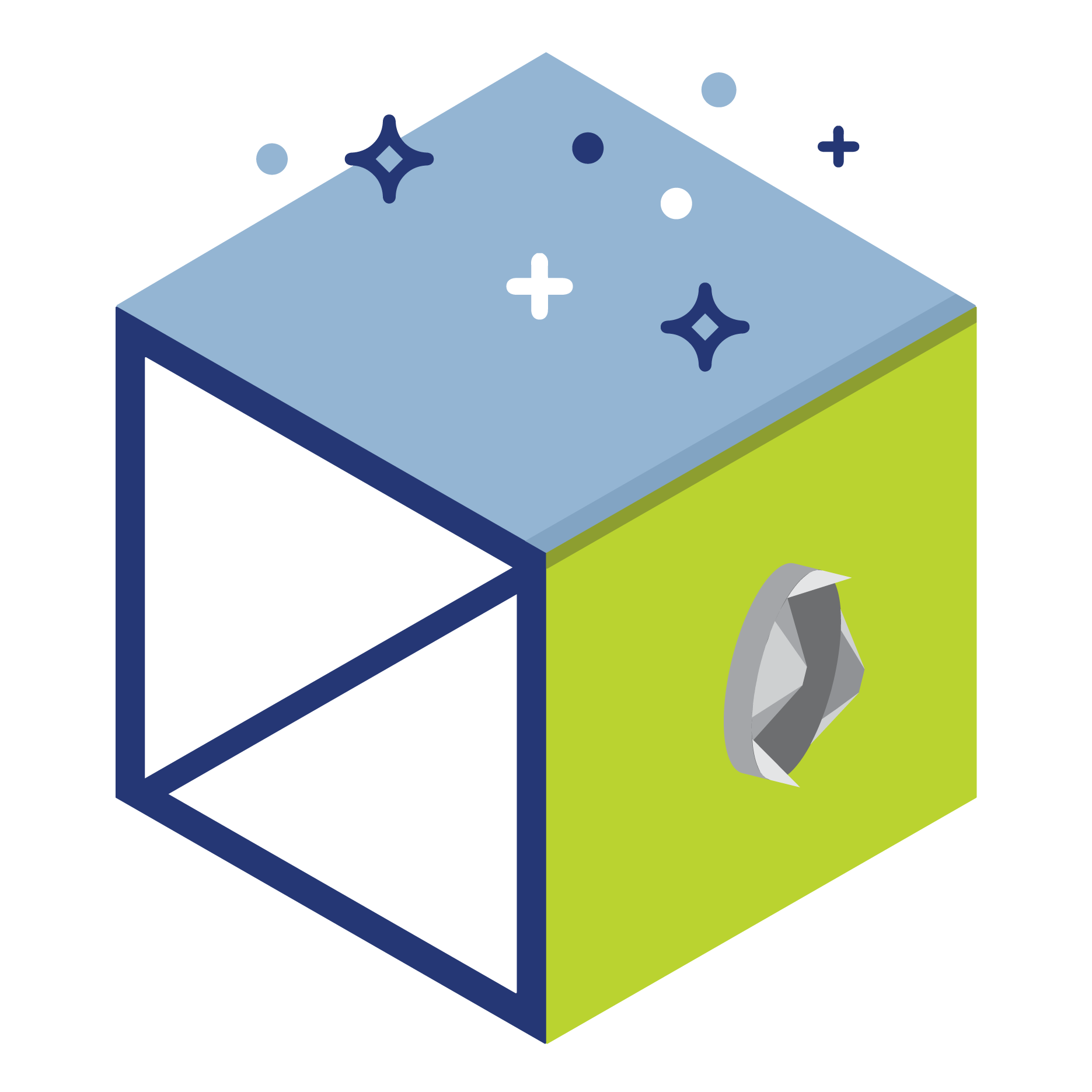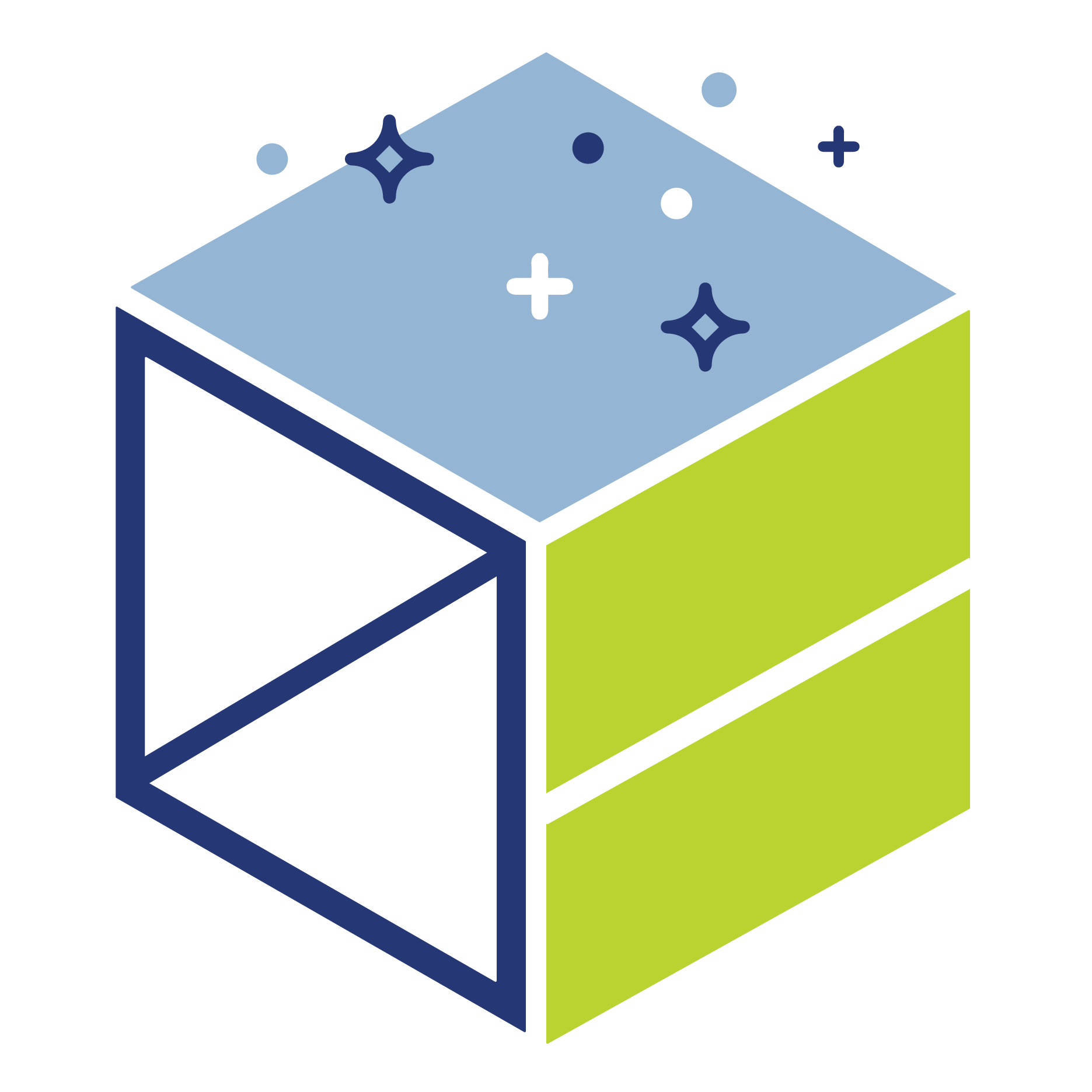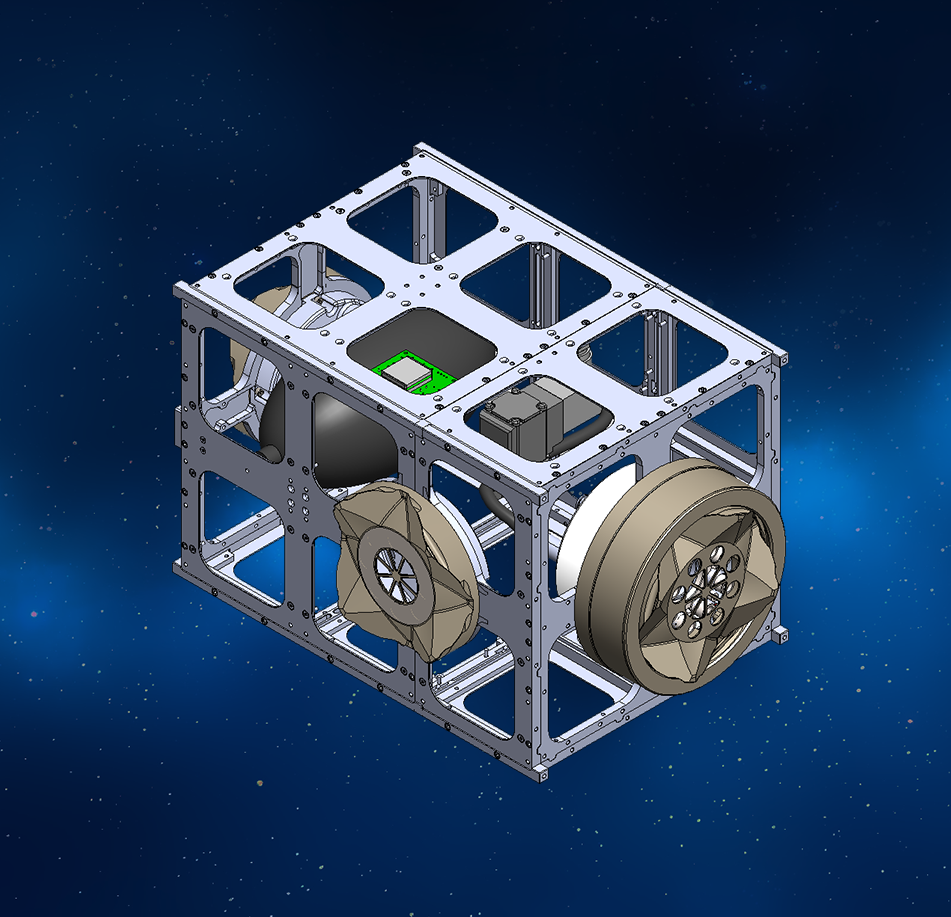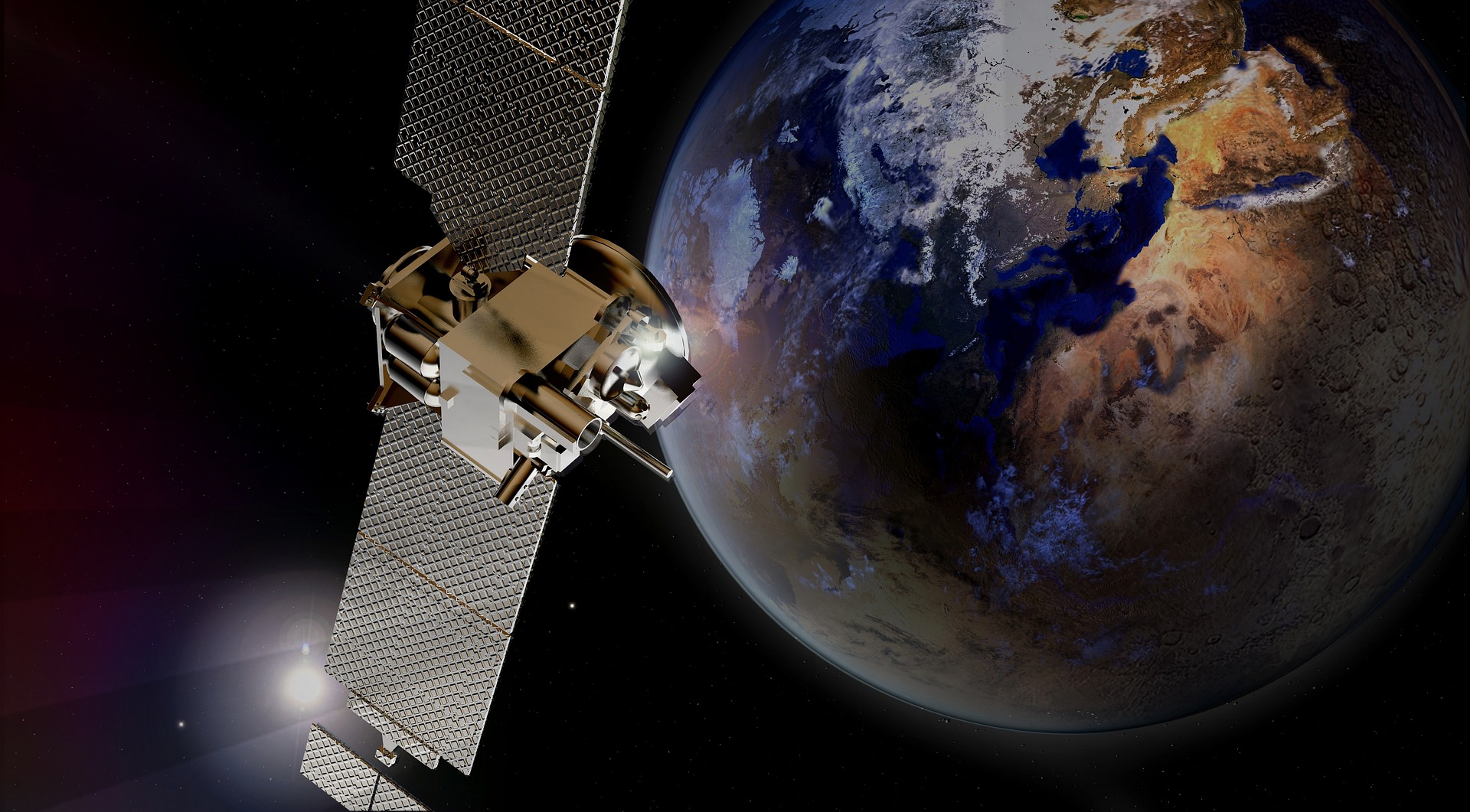About Schumann
SCHUMANN is a EC (DG DEFIS) Horizon Europe co-funded project coordinated by Space Applications Services (Belgium), contributing to the objective of raising Europe’s leadership in NewSpace and In-orbit Servicing, Assembly and Manufacturing (ISAM) applications.
Who we areFostering Modularity in NewSpace
NewSpace deals with a fundamental transformation of the space industry and applications landscape – a deep paradigm shift, which was initiated a few years ago and operates progressively.
Applications such as satellites life extension by means of Orbital Replacement Units (ORU)), refueling, in-space assembly and reconfiguration, in-space recycling are promising New Space applications that are poised to generate in excess of 10 billion Euros in revenue opportunity by 2030.
SCHUMANN ambitions to make the development of modular spacecraft elements simpler, more affordable, and more straightforwardly integrable by satellites manufacturer. Two main tracks are being implemented in SCHUMANN to this end: the first track addresses the development and maturation of a modular refueling module which shall serve for satellite life extension. The second track deals with the development of a software toolkit called SCK (Satellite Construction Kit) which will support developers of Functional Satellite Modules (FSM, aka. “Tier 1”) by ensuring at design stage the compliance of required subparts (aka. “Tier 2”) and the overall FSM consistency in perspective of their use in the Future Space Ecosystem.
SCHUMANN “SCK certification” will help making FSM more easily and modularly integrable into satellites.
SCHUMANN Goals

Functional Satellite Module Technology Maturation
Develop and mature a Functional Satellite Module (FSM), in the shape of a refuel tank, dissociated from on-going missions preparation, and demonstrate the capability to make this module compatible for further mission integration.

DSSCK: Design and Development Specification for Spacecraft Construction Kit
Develop a software tool and related design and testing specifications, that future FSM developers can use to ensure modules are compatible and usable in a single ecosystem.
Refuel Tank Module
- Mature key technology to TRL-6 for a Refuelable Tank module, as an Orbital Replacement Unit (ORU). In particular, carrying out required TRL increase for a Refueling interface based on the HOTDOCK standard interconnect
- Develop a TRL-6 Refueling experiment demonstrator, relying on the developed RTa
- Align with the IOD mission preparation project to maximize the technical, programmatic and financial feasibility of bringing a compatible RTa ORU in phase D/E

DSSCK
- Elaborate the boundaries of the DSSCK by analyzing representative OSAM use cases and inferring a sound and comprehensive ontology
- Establish a comprehensive requirements baseline for the Future Space Ecosystem’s FSM, encompassing the FSM’s external envelope, interfaces, and internal elements to be integrated. Address both hardware and software considerations in the process
- Develop a DVVP, including methodology, procedures, and V&V plan, for FSM builders to ensure compatibility (auto-certification). Create software tools to support builders throughout the design and V&V process
- Validate the DVVP by inviting third-party satellite element manufacturers to apply it at a conceptual level to a satellite element or function of interest


SCHUMANN researches new scalable satellite platform concepts
and building blocks to increase satellite modularisation
Schedule
The first phase is focusing on the consolidation of the RTa and DSSCK requirements, based on an analysis of the use cases and space applications.
The second phase is dedicated to the specification and design activities. For the RTa, this will lead to the detailed design of the refuel module and for the physical demonstrator. For the DSSCK, this will cover the elicitation of the ontology, taxonomy, the specification of the DSSCK tool and the definition of the DVVP guidance.
The third phase is covering the MAIT of the refuel tank module and its demonstrator setup. For the DSSCK, this will cover the implementation of the front-end and back-end of the tool. For both development, this will be concluded with a first phase of testing.
The purpose of the fourth phase is to validate the development of SCHUMANN. For the RTa, this will be covered by a qualification campaign of the module. For the DSSCK, external third party organizations will be given an access to the DVVP SW tools, to apply and test the design methodology, procedures and tools proposed by the DSSCK.



